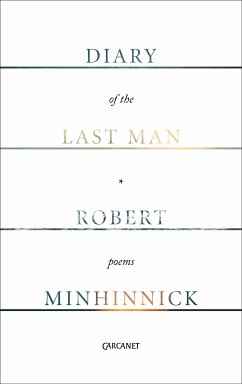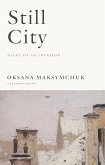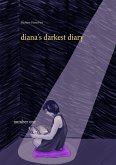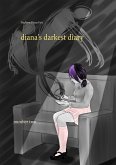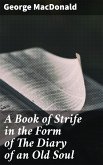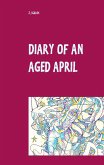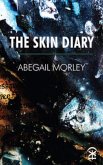Wales Book of the Year 2018
Winner of the 2018 Roland Mathias Poetry Award
Shortlisted for the 2017 T.S. Eliot Prize
The opening poem sequence, 'Diary of the Last Man', sets the tone for Robert Minhinnick's book, a celebration of the dwindling Earth, an elegy, a caution. His Wales is a touchstone; other landscapes and cityscapes are tried against it, with its erratic weather, its sudden changes of mood, 'a black tonic'. The sequence remembers all the geographies of his earlier work, old and new world, but now unpeopled and the lonely spirit free to go anywhere, do anything, but meaning with mankind has drained away. Yet still alive, and still with language, registering. The rest of the book is filled with voices: of children, of rivers, terrorists, magicians; and voices translated from the Welsh, and from Turkish and Arabic, shared, enriching with their difference, their other worlds. History washes over and washes up on the strand of this Welsh book. It is seen and recognised, it begins to be transformed. In the long concluding poem, 'The Sand Orchestra', the poet returns to his own voice, and to the voice of a Bechstein piano abandoned in the open air, played now by nature, its winds and sand. The last man, who has been looking for Ulysses, is the very man he has been looking for.
Winner of the 2018 Roland Mathias Poetry Award
Shortlisted for the 2017 T.S. Eliot Prize
The opening poem sequence, 'Diary of the Last Man', sets the tone for Robert Minhinnick's book, a celebration of the dwindling Earth, an elegy, a caution. His Wales is a touchstone; other landscapes and cityscapes are tried against it, with its erratic weather, its sudden changes of mood, 'a black tonic'. The sequence remembers all the geographies of his earlier work, old and new world, but now unpeopled and the lonely spirit free to go anywhere, do anything, but meaning with mankind has drained away. Yet still alive, and still with language, registering. The rest of the book is filled with voices: of children, of rivers, terrorists, magicians; and voices translated from the Welsh, and from Turkish and Arabic, shared, enriching with their difference, their other worlds. History washes over and washes up on the strand of this Welsh book. It is seen and recognised, it begins to be transformed. In the long concluding poem, 'The Sand Orchestra', the poet returns to his own voice, and to the voice of a Bechstein piano abandoned in the open air, played now by nature, its winds and sand. The last man, who has been looking for Ulysses, is the very man he has been looking for.
Dieser Download kann aus rechtlichen Gründen nur mit Rechnungsadresse in A, B, BG, CY, CZ, D, DK, EW, E, FIN, F, GR, H, IRL, I, LT, L, LR, M, NL, PL, P, R, S, SLO, SK ausgeliefert werden.

